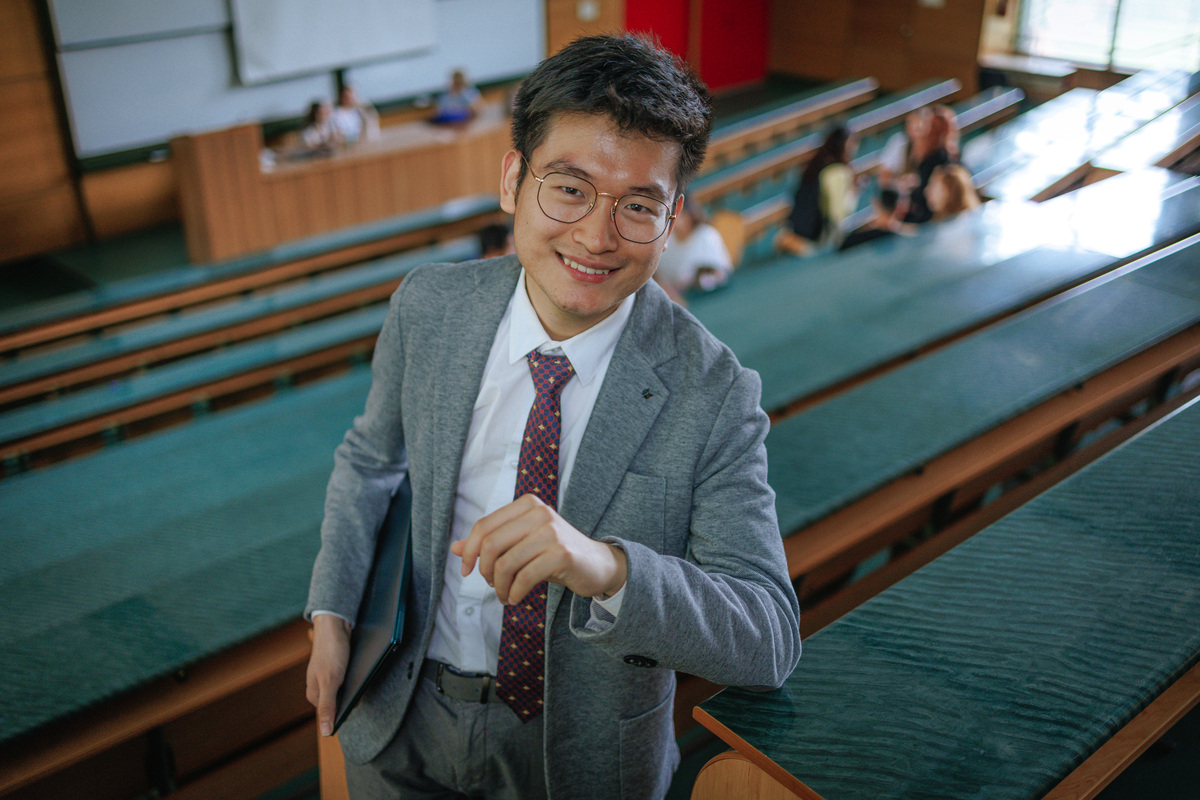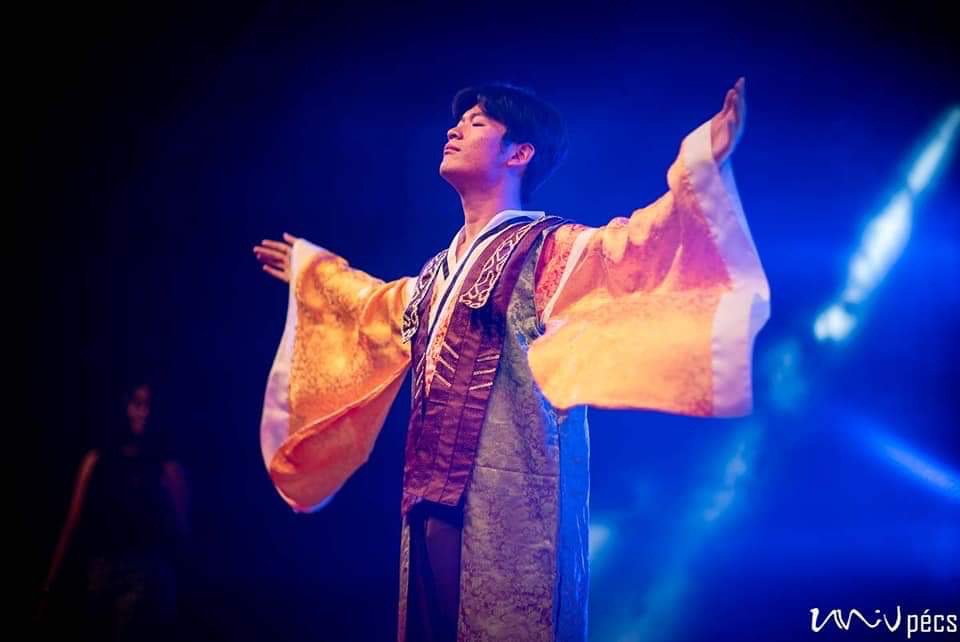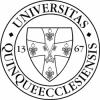We have a great and enthusiastic international alumni volunteer team of 22 people from 15 countries. Most of them decided to create an alumni chapter in their home country or make international professional alumni groups and some of them did great social media work. In the next chapter of our volunteer series, you can read Liu Beier’s story from China! He studied for his bachelor's degree in Hungary between 2017-21 and now he’s studying at the University of Pécs.
Why did you choose Hungary and the University of Pécs?
As a graduate of one of the best language high schools in China, it was ideal for me to select a language and culture to delve deeper into in addition to some field specifications. Hungarian has its obvious uniqueness even inside the Uralic language family while the Magyar people can trace their lives back to the nomadic tribes even close to ancient China. The Stipendium Hungaricum program has collaborated with the Chinese Scholarship Council so it was a financial relief and genuine honour for me to be endowed with such an opportunity. The University of Pécs was among the oldest higher education institution in Hungary and the 7th in Europe, which anchored my decision to join this family for a retrieval of its longitudinal beauty.
How did you like your studies? What was your favourite memory during your studies?
The cosy entrusting environment in Pécs does serve as a destination for tranquil investigation and flowing contemplation. However, we have to admit the existence of a significant gap in research strength between Hungarian institutions and the prestigious world-top ones. It’s nevertheless on the contrary a potential to amplify personal achievement and explore some rarely discussed fields, such as tripping to Boyash villages for the mentoring and understanding of minor dialect-speaking pupils under the TMO program (Teach for Hungary). Besides really enjoyable experiences like sailing on Lake Balaton bewildering beneath the sunlight in disguise, my proudest moments include winning the Hungarian National Bank's scholarships, representing foreign students at the Stipendium Hungaricum 10th years anniversary conference, and translating in client meetings with CATL company.

How did you like the country?
Hungary is the logistic centre of Central and Eastern Europe with an eigen economic cycle compared to the EU average, thus steadily growing in the “new world order” while inviting Chinese cooperation by “opening to the East”. Its tolerance of cultural diversity extending from nomadic Paganism to different religions and worldviews cultivated me to become adaptive towards this ever-changing globe with an inclusive and curious mind. Therefore, I owe my gratitude to this land as my second home, for its nourishing my worldview during the past six years.
Did you have any difficulties with Hungarian culture? What was that and how did you handle it?
Surely I can hardly ignore the fundamental differences between the Oriental and European mentalities, which won’t resolve after the amelioration of language proficiency, but the psychological universals that all humans must share define a comfortable grounding that my communication and actions can base on. Though the national preference for certain values such as the degree of individualism demonstrates a large alteration, I usually try to measure expectations and satisfaction on a personalised level. Among many things, ethnic equality may be one that I sincerely want to promote here in Hungary. And there will be a more cultural mixture that helps relieve the shocks, starting from the materialised aspects penetrating through the One Belt and Road initiative. For now, you can never blame the 1-hour delayed arrival of the InterCity train considering the size of the population.

How does the Hungarian culture differ from the Chinese culture?
The two most critical aspects that I would mention here are the sets of good virtues and points of humour that different cultures cherish. The Confucian long-term orientation and the respect for great power distance in China versus the significant uncertainty aversion and the encouragement of periodic indulgence in Hungary are some of the important cultural factors that I have to balance by replacing myself with a probably suitable or probably inappropriate position on both sides. Still, the most obvious inability of mine in Hungary is to predict when and why to laugh at Jozsika’s deeds when talking to a working-class Uncle Laci.
You are among the alumni volunteers. Why did you apply for that position? What's your task and how do you manage it? What do you think about the Alumni Network Hungary?
First, I am a proud alumni of an excellent Hungarian university, thus the volunteers as certain representatives of Alumni Network Hungary would explain my identity well. Furthermore, I believe in the pivotal role peer students play in making the Hungarian higher education system better. The volunteers should perform as the magnetic core to harness this distributed power around the globe. I am slowly realising a linguistic chapter here to include more cultures manifested among international students, while the semi-annual events that we usually attend to promote the Alumni Network Hungary also constitute a major component of my responsibilities. I wish Alumni Network Hungary can become better by making itself a platform where innovative and diverse ideas would accumulate. This should be accompanied by a popular front, such as an editorial where the shiny ones can overlay.
What's your plan for the future?
For the time being, I just want to finish my three master's degrees in time with an interesting thesis and good grades. I would remain on the map of One Belt and Road by discussing more doable areas with the mutual benefits of stakeholder countries and regions. As the world nowadays is experiencing uneven fluctuations in both its economic and political state, I have to devote myself to the protection of the peace and sustainability of every nation, for people’s rights and society’s prosperity.

University of Pécs
Vasvári Pál u. 4. Pécs,Hungary 7622